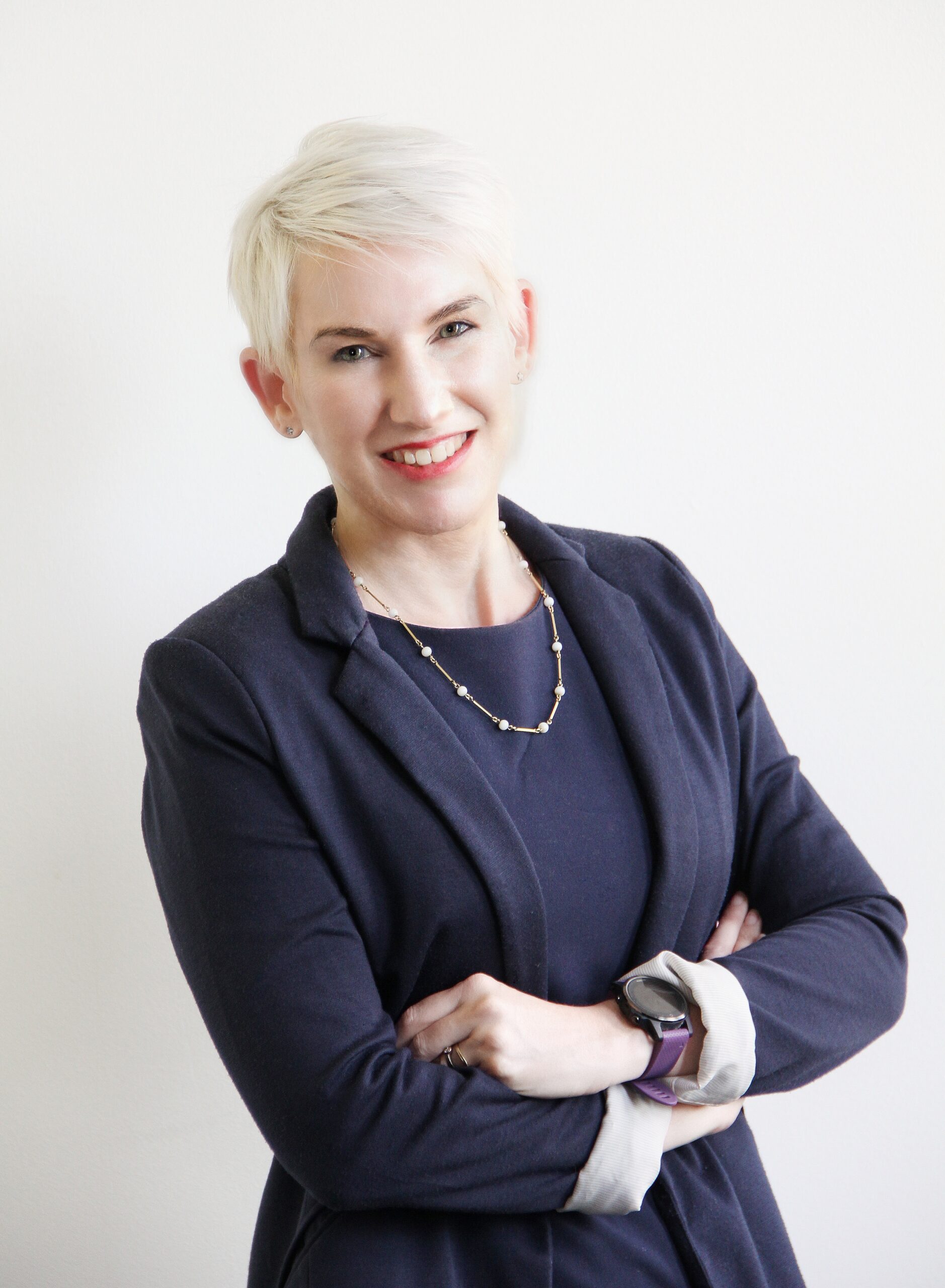Bronwyn Myers-Franchi
Director for the enAble Institute

Professional Area: Psychology & Mental Health
Bronwyn’s Story
I was born and raised in KwaZulu-Natal, South Africa, and I worked at the South African Medical Research Council for 20 years where I was the Deputy Director of the Alcohol, Tobacco and Other Drug Use Unit. Over the past two decades, my research has focused on the development, testing, and implementation of psychological and health system interventions to improve access to, outcomes and quality of care for people with substance use and co-occurring mental and physical disorders (including HIV, TB and noncommunicable diseases), largely in low-and middle-income countries and now also Australia. My recent work focuses on finding innovative ways to task-share mental health and alcohol and other drug interventions to non-specialist providers including community health workers and peer providers. I am excited that these interventions are starting to be implemented at scale in South Africa and are now being tested in Australia.
Growing up in apartheid South Africa, I became acutely aware and ashamed that so many of my fellow country people did not have the opportunities for education, employment and health that I did. As a young psychologist I had the opportunity to provide trauma debriefing to participants in the country’s Truth and Reconciliation Commission and psychological services on the Phelophepa train (train of hope) that provides a range of health services to rural and remote communities with no other access to health care. These experiences shaped my commitment to health equity and finding creative solutions to health system challenges.
I wake up every morning excited to come to work, knowing that my research has the potential to impact positively on communities and people. I am motivated by the mum who has walked for 10km with her disabled child strapped to her back in the hope she can receive a diagnosis and some support. I am motivated by the resilience and home-grown solutions that many resource-limited communities develop in response to gaps in health service provision. I am motivated to continue this work when I see the interventions and solutions that have been developed and tested over many years being implemented in health systems as part of routine practice to bring about improvements in access to and quality of care.
As the first interdisciplinary health research institute in WA to conduct translational research that addresses the whole of life from conception through to end of life, I hope the Institute will deliver on its vision of positively impacting on the health and wellbeing of all Australians irrespective of their age and ability. Our ability to work together with consumers, industry partners and experts from health, business and law, science and engineering and the humanities increases our likelihood of designing innovative solutions to tackle the most pressing health challenges facing consumers and carers.